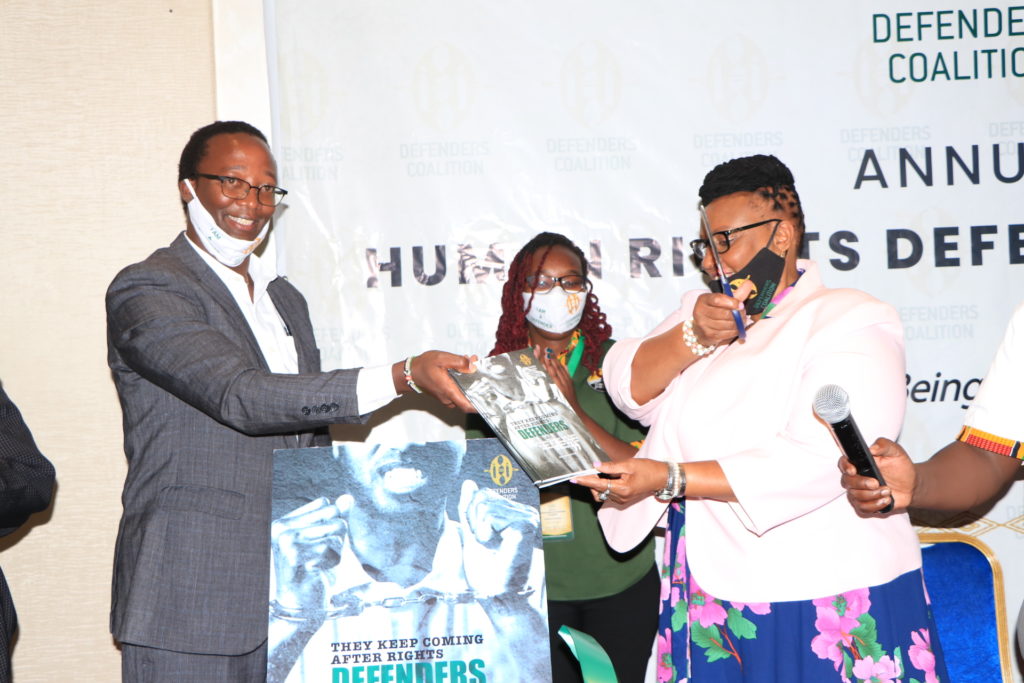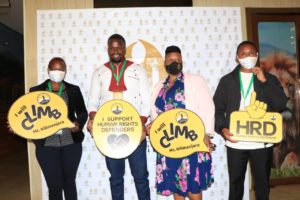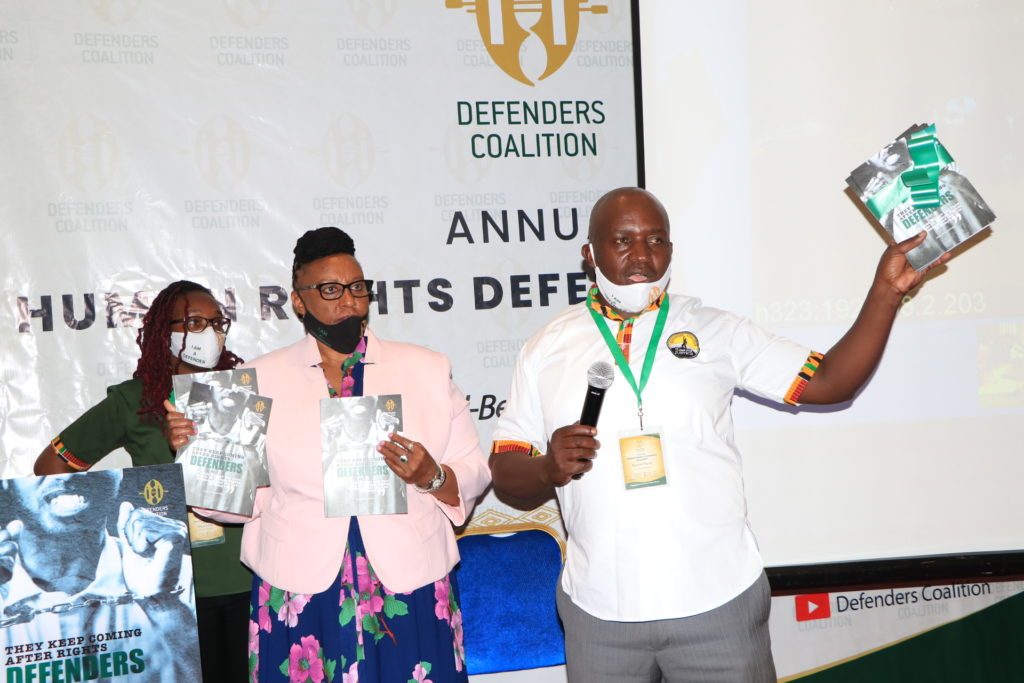
They Keep Coming After Rights Defenders
In 2016, the Defenders Coalition published the first edition of trends report and case digest on human rights defenders and the law in Kenya. The report documented trends of human rights violation against HRDs and highlighted landmark court decisions that have had an impact on the working environment of HRDs. This second publication updates the first edition of the trends report and case digest. It focuses on the major events and cases that were reported or decided during the period 2016 to 2019. Major events that impacted on the work of human rights defenders include the 2017 general elections and the terrorist attacks that occurred in Nairobi in January 2019.
The emerging trends of human rights violations that were documented during the reporting period include threats to personal safety and integrity of human rights defenders. This was epitomized by the brutal murder of lawyer Willie Kimani, his client and a taxi driver in June 2016 for pursuing justice against administration police officers who were harassing his clients. In April 2018, Evans Njoroge alias Kidero, a student activist, was shot and killed by a police officer for leading students in demonstration. In August 2018, land rights activist Esther Mwikali was killed and her body dumped in a thicket in Mithini. Robert Bundotich, a community leader from the Sengwer Community was shot dead by Kenya Forest Service officers in January 2018.

LGBTIQ rights activists have made modest progress but negative narratives against LGBTIQ community forces LGBTIQ rights HRDs to continue to operate in the shadows seriously harming the effectiveness of their advocacy efforts. During this period the LGBTIQ community went to court to challenge discriminatory laws and practices with mixed results. In the first case which was an appeal filed by the NGO Board challenging the decision of the High Court directing the Board to register an NGO that sought to advocate for the rights of LGBTIQ community, the NGO Board lost its case at the Court of Appeal. In the second case, several petitioners unsuccessfully challenged the constitutionality of sections 162, 163, and 165 of the Penal Code.
Further, the right to protest, freedom of assembly, freedom of association and freedom of expression faced severe restrictions particularly during the electioneering period. Human rights NGOs, human rights monitors, media houses, journalists and bloggers faced harassment at the hands of state regulatory agencies and policies for reporting or commenting on issues that were deemed unpleasant by the state. The war on terror THEY KEEP COMING AFTER RIGHTS DEFENDERS Case Digest on Human Rights Defenders and the Law in Kenya 9 did not spare human rights defenders either. At the community level, grassroots human rights defenders faced harassment at the hands of the police for fighting for their land rights or advocating against extrajudicial killings. On the legal front human rights defenders scored major victories in court. Criminal defamation laws in the penal code and section 29 of the Kenya Information and Communication Act were declared unconstitutional.
The report concludes with several recommendations that will improve environment in which human rights defenders in Kenya operate. It calls upon the government to enact a comprehensive legal and policy environment in line with the UN declaration on human right defenders that will secure the right to defend human rights in Kenya.
